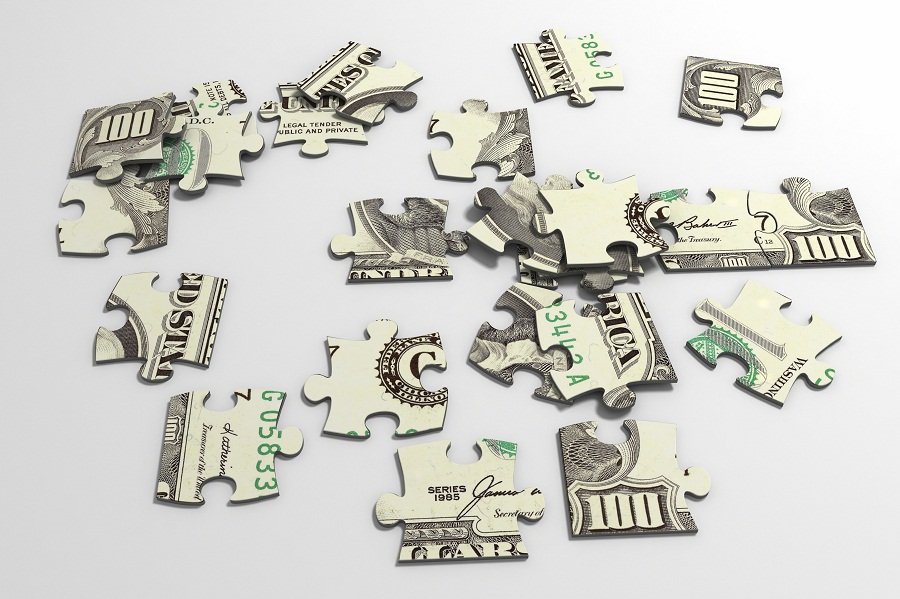People are more apt to change their behaviors when they are engaged in fun, achievement-oriented tasks with established rewards.
Giving financial advice isn't fun and games. Money is serious business, and running out of it in retirement is among our clients' biggest concerns. However, as financial professionals, we sometimes take ourselves too seriously, which runs the risk of coming across as too stern or authoritative, and sometimes causes clients to resist our advice.
So when it comes to retirement planning, how can we engage clients in more “playful,” collaborative ways? Research from the MIT AgeLab suggests a technique called gamification can make a significant difference in how a client responds to the type of retirement planning advice we offer.
HOW IT WORKS
The principle of gamification recognizes that people are more apt to change their behaviors when they are engaged in fun, achievement-oriented tasks with established rewards for positive action. This technique has been successfully used in customer loyalty programs, where consumers earn “points,” in fitness and weight loss programs like Weight Watchers and Fitocracy, and on travel sites like TripAdvisor, where you can earn a “review badge.”
I recently put this technique to work in a personal way.
My widowed mother-in-law is a cute, 91-year-old, southern lady from Nashville, Tenn., who recently started climbing out the bedroom windows of her (thankfully) first floor condo at 2:30 in the morning. We were alerted to this strange behavior by several neighbors who were awakened by her knocking. It was not surprising that she was soon diagnosed with Alzheimer's disease.
Since it was no longer safe for her to live alone, my husband decided to take some time off to be her primary at-home (our home) caregiver until he could get her settled in a safe place that could serve her needs as her memory declines. He is learning what a hard job this can be.
“Here, Mom. Take your medicine.”
“No.”
“PLEASE take your medicine.”
“Absolutely not.”
“Ahhhrggg – take your medicine!!!”
“NOOOOOO!!!!!” With an occasional, sarcastic “thank you” in her sweet southern drawl.
Her stubbornness is often met with his impatience, which is wearing down everyone involved.
Thankfully, we were given some great advice by the local Alzheimer's Association, a suggestion that parallels lessons from the MIT AgeLab research: Make it a game. Rather than sternly advising her to take her pills, we ask her to count her pills, make sure they are all there, then decide whether she wants to take the blue one now, or save it and take it last because it's her favorite color. By redirecting her attention and empowering her with choices, this seemingly daunting task becomes positive and fun. We are clear about the goal, don't make demands and give her back her sense of control over the choices she makes.
APPLICATIONS FOR RETIREMENT PLANNING
Too often, clients are not adequately planning for retirement because it seems too tedious and scary. Some clients can be stubborn, like my mother-in-law, not wanting to be told what to do. How often do we find ourselves trying to get our clients to take the “medicine” they need in an attempt to attain financial wellness?
The concept of financial wellness takes into account choices and consequences. However, many clients just can't visualize their future well enough to understand the interplay of these concepts. That's where gamification exercises and goals-based planning software can help.
Clients like to see the meter that shows how their choices impact their stated retirement goal, based on a number of inputs and assumptions. They like to see the positive impact of a higher savings rate. They don't like to see the impacts of higher inflation. Clients want to win, meaning improve their chances of a comfortable retirement.
Engaging clients in their own retirement planning process gives them more control and input and diminishes fear and indecision, like it did for my mother-in-law. It empowers them to choose and helps them pop down the pills, or retirement planning advice, you're offering. Whether you're asking clients to write their retirement goals on index cards and then put the cards in order, or are using interactive retirement planning software, gamification is a great way to deliver a fun, interactive client experience that facilitates a more dynamic conversation and a deeper discovery process, which hopefully results in better retirement outcomes.
Carolyn Nees is a retirement solutions manager at Raymond James.







